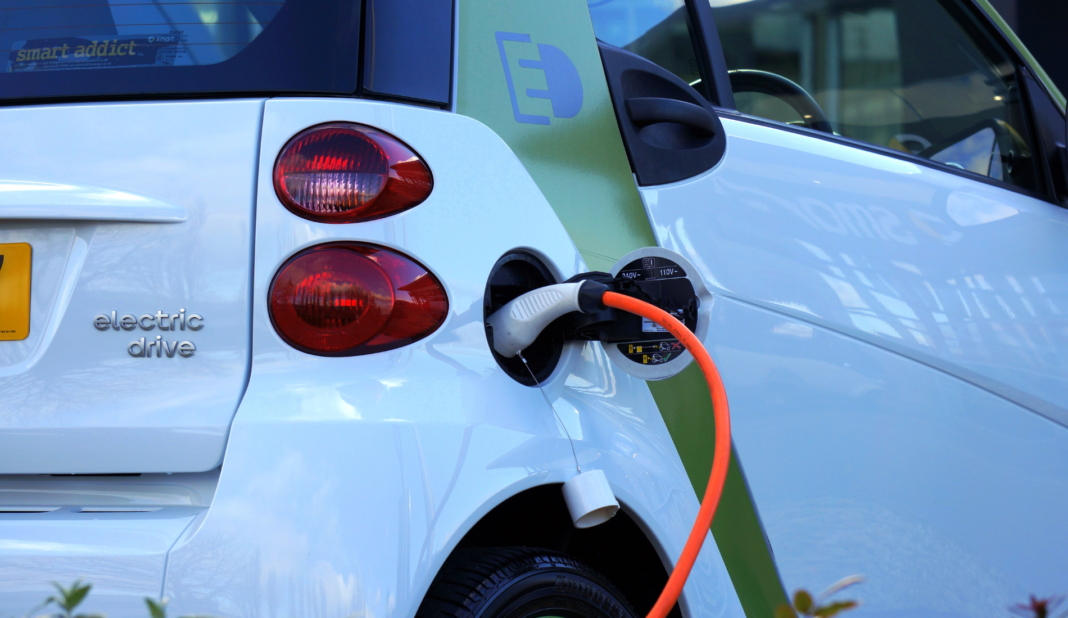5 Unintended Consequences Of The EV Revolution
The electric vehicle (EV) revolution is well underway, with many countries, states, and cities
setting ambitious goals for adopting electric cars, buses, and trucks.
While the benefits of EVs, such as reduced greenhouse gas emissions and improved air quality, are widely recognized, there are also some unintended consequences that policymakers and industry leaders should consider as they work to accelerate the transition to electric transportation.
5 Unintended Consequences Of The EV Revolution
1. Increased demand for electricity: As EVs become more prevalent, they will strain the electrical grid increasingly. According to a report from the National Renewable Energy Laboratory, the number of EVs on the road in the United States could increase from about 1 million in 2018 to as many as 280 million by 2050.
This could lead to higher electricity demand, particularly during peak hours, and require significant new power generation and transmission infrastructure investments.
2. Battery recycling and disposal issues: EV batteries have a limited lifespan and will eventually need to be recycled or disposed of. 5 Unintended Consequences Of The EV Revolution
However, the recycling and disposal of large EV batteries could pose significant challenges, particularly in logistics and cost. Additionally, if these batteries are not disposed of properly, they could pose an environmental hazard.
3. Dependence on critical minerals: The production of EVs requires several critical minerals, including lithium, cobalt, and nickel. These minerals are often sourced from countries with weak environmental and labour regulations, raising concerns about human rights and environmental impacts.
The increasing demand for these minerals could also lead to price volatility and supply chain disruptions. 5 Unintended Consequences Of The EV Revolution
4. Displacement of jobs: The shift to EVs could lead to the displacement of jobs in the fossil fuel industry, particularly in oil and gas extraction, refining, and distribution.
Additionally, the increased automation and electrification of the transportation industry could lead to job losses for truck and bus drivers, mechanics, and other workers.
CNET Has Used an AI to Write Financial Explainers Nearly 75 Times Since November
5. Socio-economic disparities: The early adopters of EVs are likely to be wealthier individuals and households. 5 Unintended Consequences Of The EV Revolution
This could lead to socio-economic disparities, as lower-income households may not be able to afford the higher upfront costs of electric cars. Additionally, the lack of charging infrastructure in low-income and rural areas could make it difficult for these households to take advantage of the benefits of EVs.
In conclusion, the widespread adoption of EVs offers many potential benefits, including reducing greenhouse gas emissions and improving air quality. However, it is essential to consider this transition’s potential unintended consequences, including increased electricity demand, battery recycling and disposal issues, dependence on critical minerals, displacement of jobs and socio-economic disparities.
5 Unintended Consequences Of The EV Revolution. Addressing these challenges will ensure an equitable and sustainable transition to electric transportation.



















































